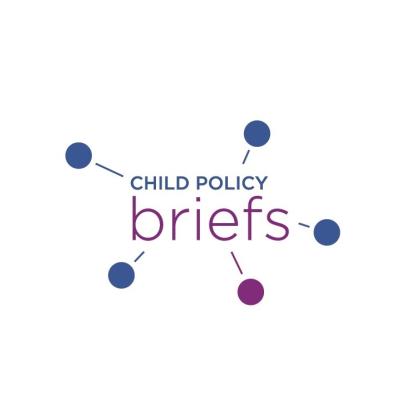Components
Image

How This Impacts Children's Development
Description
Over recent decades, economic instability has increased, especially for low income and Black families. This trend was further exasperated by the COVID-19 pandemic. Within just the first three months of the COVID-19 financial fallout, 1 in 5 children in the United States (U.S.) experienced the job loss of an adult in their household. Income instability harms children, particularly in the context of poverty.
READ THE BRIEF: strengthening social programs to promote stability during childhood, 2019
Talking Points from the SRCD Briefs
|
Policy Considerations in the Briefs
- Efforts to increase access to income support, such as creating a streamlined access portal that is not contingent on prior tax filings and incorporating local and grassroots outreach efforts, can be cost efficient ways to increase universal access and achieve the goal of equitably protecting families.
- The U.S. lacks a rapid response system to reach all families and children, and initial expanded supports have expired, exacerbating the economic needs of millions of families and their children.
- Renewal and reinstatement of economic supports will reduce the stress of economic uncertainty, help financially stabilize families, and enhance parents’ capacity to support their children’s development.
- Implement policy approaches that will reduce earnings instability (regulating employer practices such as paid sick leave and Unemployment Insurance programs), stabilize income through transfers (such as Supplemental Nutrition Assistance Program [SNAP] and other cash assistance programs), create consistency in developmental contexts (such as subsidizing housing programs), and building family/community capacity to prevent or adapt to economic instability (such as increasing employment opportunities).
READ THE BRIEF: strengthening social programs to promote stability during childhood, 2019
